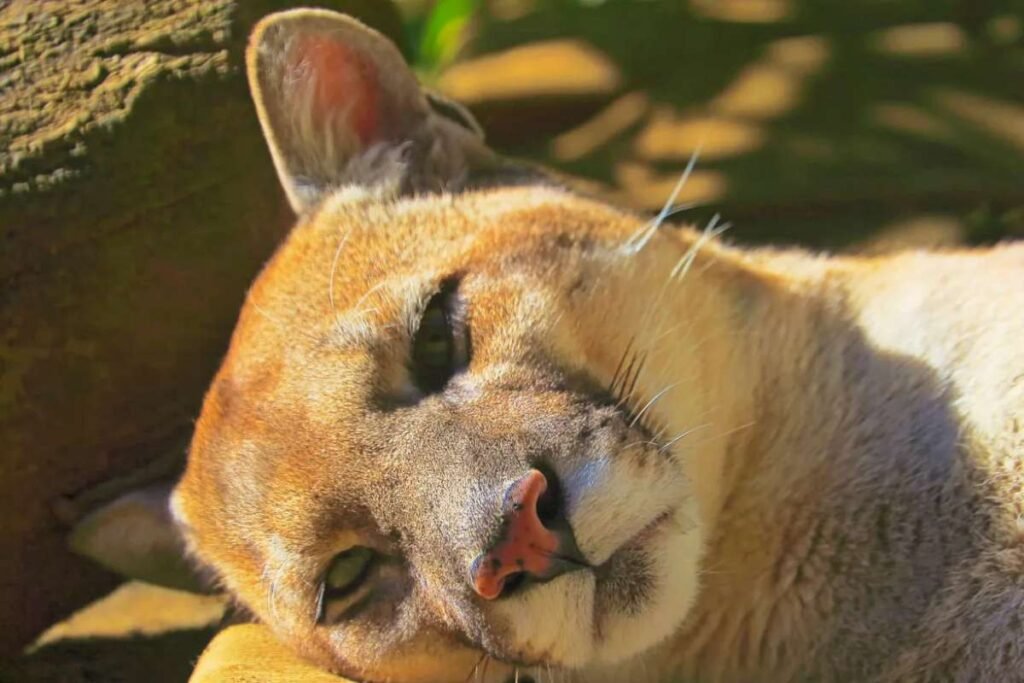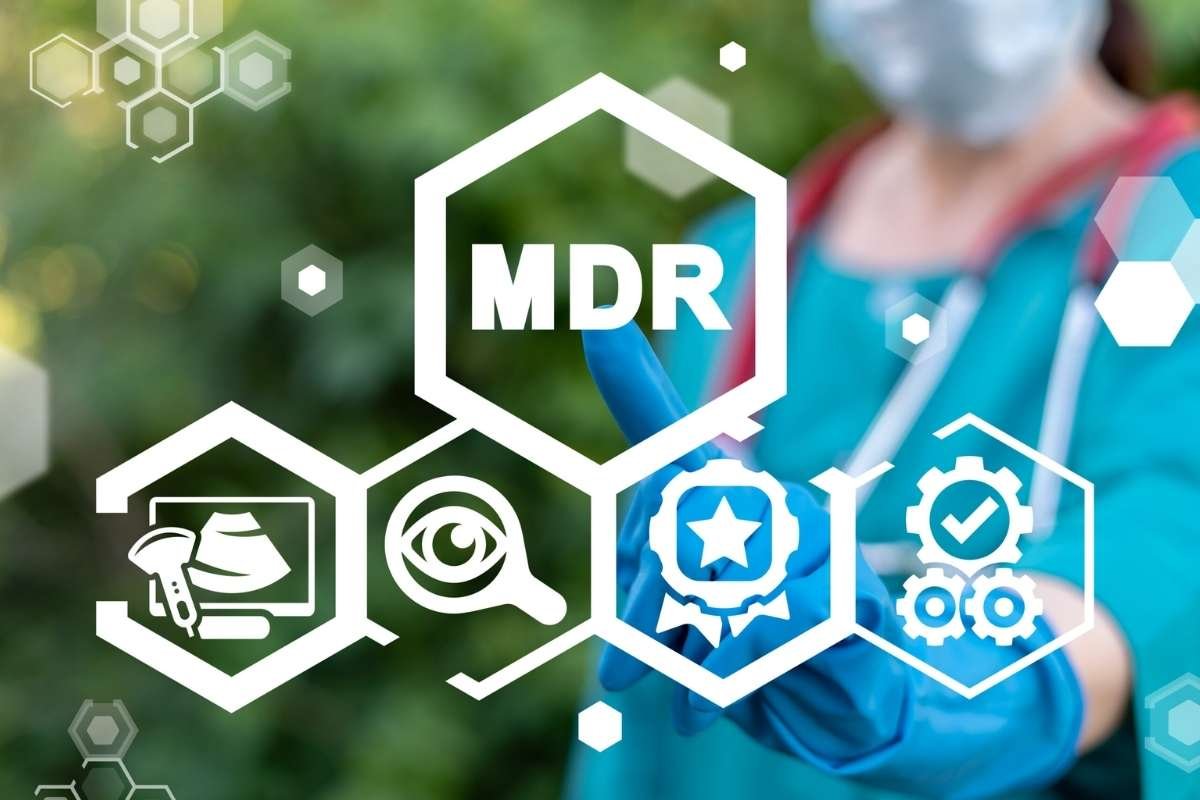The spread of H5N1 avian flu continues to impact animals in the U.S., with recent reports of deaths in domestic cats and zoo animals. Health officials are warning the public about the risks associated with consuming raw milk, as cases of bird flu claims to unpasteurized dairy products have surfaced.
Bird Flu Claims Deaths of Cats Linked to Raw Milk Consumption
In Los Angeles County, two cats have died after drinking recalled raw milk, which was potentially contaminated with bird flu. According to the Los Angeles County Department of Public Health, the cats exhibited symptoms such as loss of appetite, fever, and neurological issues shortly after consuming the milk. Their condition rapidly deteriorated, leading to their deaths. Subsequent tests confirmed that the cats had contracted influenza A, a rare occurrence in felines.
Health officials are treating these cases as suspected H5N1 bird flu, and confirmatory testing is underway. It is known that cats can contract bird flu through direct contact with infected birds or other animals, and now, health authorities are also warning of the risks posed by raw milk from infected cows.
Although there have been no reports of the virus transmitting from cats to humans, officials caution that the consumption of raw milk can lead to severe illness in cats, and advise against giving pets unpasteurized dairy products. Dr. Barbara Ferrer, director of the Los Angeles County Department of Public Health, emphasized the importance of avoiding raw dairy and undercooked meat products to prevent the spread of diseases, including bird flu. Residents are also encouraged to limit contact with sick or dead animals and report any such occurrences.
Bird Flu Claims Zoo Animals Also Affected
The outbreak of avian influenza has also been reported in animals at the Wildlife World Zoo in Maricopa County, Arizona. Several animals, including a cheetah, a mountain lion, a swamphen, an Indian goose, and a kookaburra, have died from bird flu. A white tiger at the zoo was confirmed to be infected but is reportedly responding well to treatment.
Maricopa County Department of Public Health, in collaboration with state and federal agencies, is managing the outbreak. Health officials have stated that the risk to the public and zoo visitors remains low. The zoo has not reported any positive cases among staff or volunteers, and no new cases have been identified in the past nine days. The zoo’s swift response and strong biosecurity protocols have helped limit the spread of the virus within the facility, despite the loss of five animals.
Ongoing Outbreaks and Growing Concern
Bird flu outbreaks are not confined to zoos and household pets. Continued cases of H5N1 have been reported in dairy cattle, poultry, waterfowl, and wild birds in multiple states across the U.S. Sam Scarpino, PhD, director of AI and life sciences at Northeastern University, noted that these animal deaths are a sign that the bird flu situation is worsening in the U.S.
The increasing reports of bird flu in domestic animals, including cats, have raised alarm about the risks posed by consuming raw milk. Dr. Jacob Glanville, CEO of Centivax, a San Francisco-based biotechnology company, warned that H5N1 has been found in high concentrations in raw milk. He stressed that without pasteurization, the virus remains viable in the milk and could potentially infect individuals who consume it.
Although most dairy cows with the virus have shown only mild symptoms, the strain has been highly virulent in birds, ferrets, and primates. Glanville explained that even a single mutation in the virus could significantly enhance its ability to infect humans. Given the virus’s persistence in milk and its potential to mutate, he strongly recommended that people avoid raw milk to reduce the risk of infection.
Health Risks of Raw Milk
The risks associated with raw milk are not limited to bird flu. Health experts have long warned about the potential dangers of consuming unpasteurized dairy products, which can carry harmful pathogens like E. coli, Salmonella, and Listeria. Pasteurization kills these pathogens, making milk safer to consume.
As the bird flu claims virus continues to spread, health officials are urging the public to take precautions. Avoiding raw milk and undercooked meat, limiting contact with sick animals, and following proper hygiene practices can help reduce the risk of exposure to H5N1 and other diseases.
With the virus affecting both domestic animals and wildlife, the need for continued vigilance and swift action is clear. The ongoing outbreaks underscore the importance of monitoring the spread of avian influenza and ensuring that both humans and animals are protected from potential harm.
Also Read:- Bird Flu Outbreak Claims Lives of Five Animals at Wildlife World Zoo in Arizona









